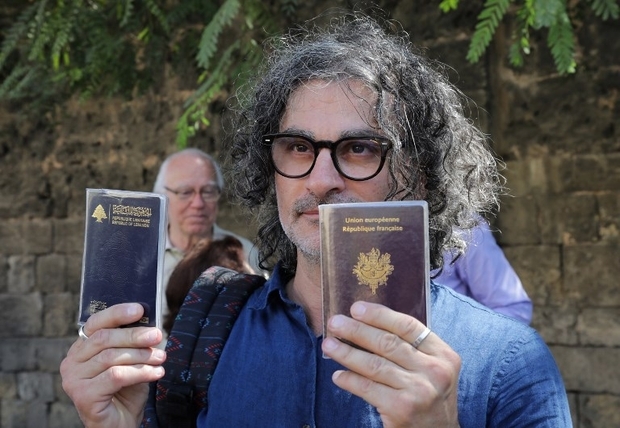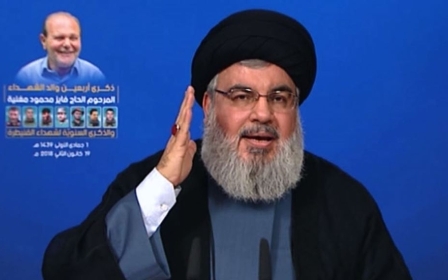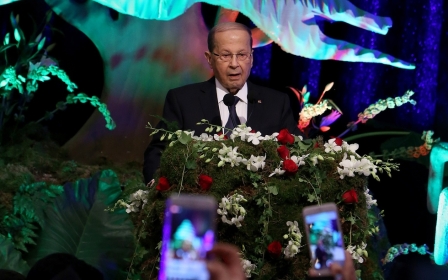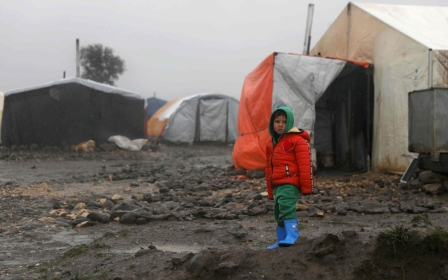'The Insult': Lebanese film gets Oscar nomination for first time

On Tuesday, The Insult became the first Lebanese film to be nominated for an Oscar. It was listed among five finalists for Best Foreign Language Film at the 90th Academy Awards.
The film’s director Ziad Doueiri was detained at Beirut airport last year, shortly before the movie’s premiere in September. He was accused of violating Lebanese law for filming parts of his 2013 film The Attack in Israel.
His arrest was decried as an assault on art and free speech. The director was released the next day without charges.
Doueiri is a dual citizen of Lebanon and France, and Lebanese law prohibits visiting “enemy territory”. Despite a UN-mandated ceasefire between the two countries in 2006, Lebanon and Israel are still technically at war.
The film centres around the struggle of a Lebanese Christian right-wing ideologue and his legal battle against a Palestinian refugee. It revisits painful events of the country’s 15-year civil war, demonstrating their current impact on people who lived through them.
The Lebanese civil war pitted several factions and proxy powers against each other but mainly started as a confrontation between right-wing Christians and the Palestinian Liberation Organisation.
The film has been well-received internationally, last year receiving an award at the Venice Film Festival.
But The Insult has been slammed by some critics in Lebanon and the Arab world, who view it as overly sympathetic right-wing Christian ideology, which they hold responsible for atrocities against Palestinians and Lebanese Muslims during the civil war.
The movie was dropped from the Ramallah Film Festival in the West Bank in October despite starring Palestinian actor Kamel El Basha. Activists had called for boycotting Doueiri for previously filming in Israel.
New MEE newsletter: Jerusalem Dispatch
Sign up to get the latest insights and analysis on Israel-Palestine, alongside Turkey Unpacked and other MEE newsletters
Middle East Eye delivers independent and unrivalled coverage and analysis of the Middle East, North Africa and beyond. To learn more about republishing this content and the associated fees, please fill out this form. More about MEE can be found here.




